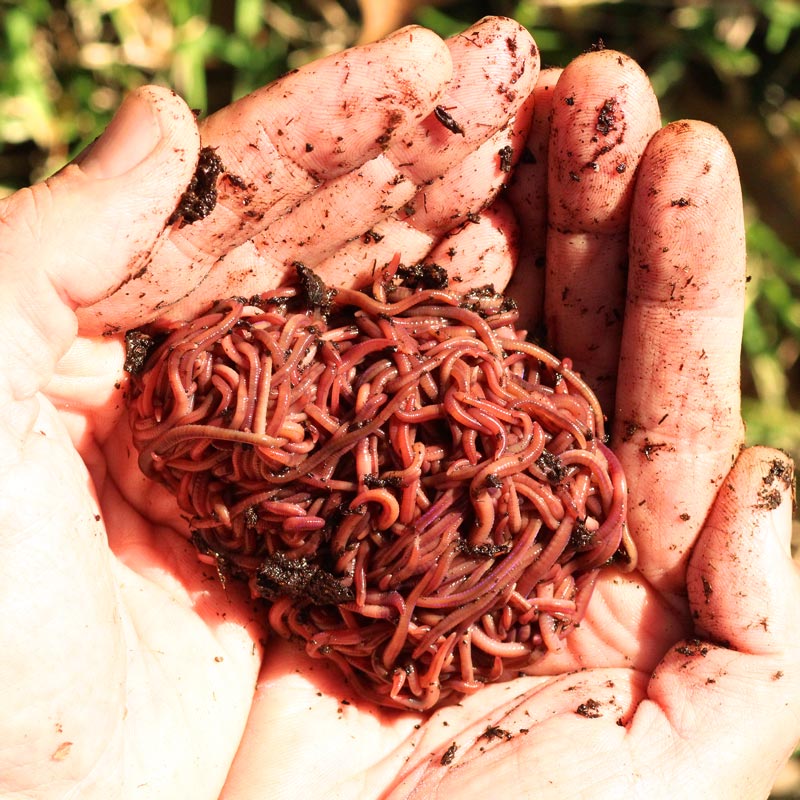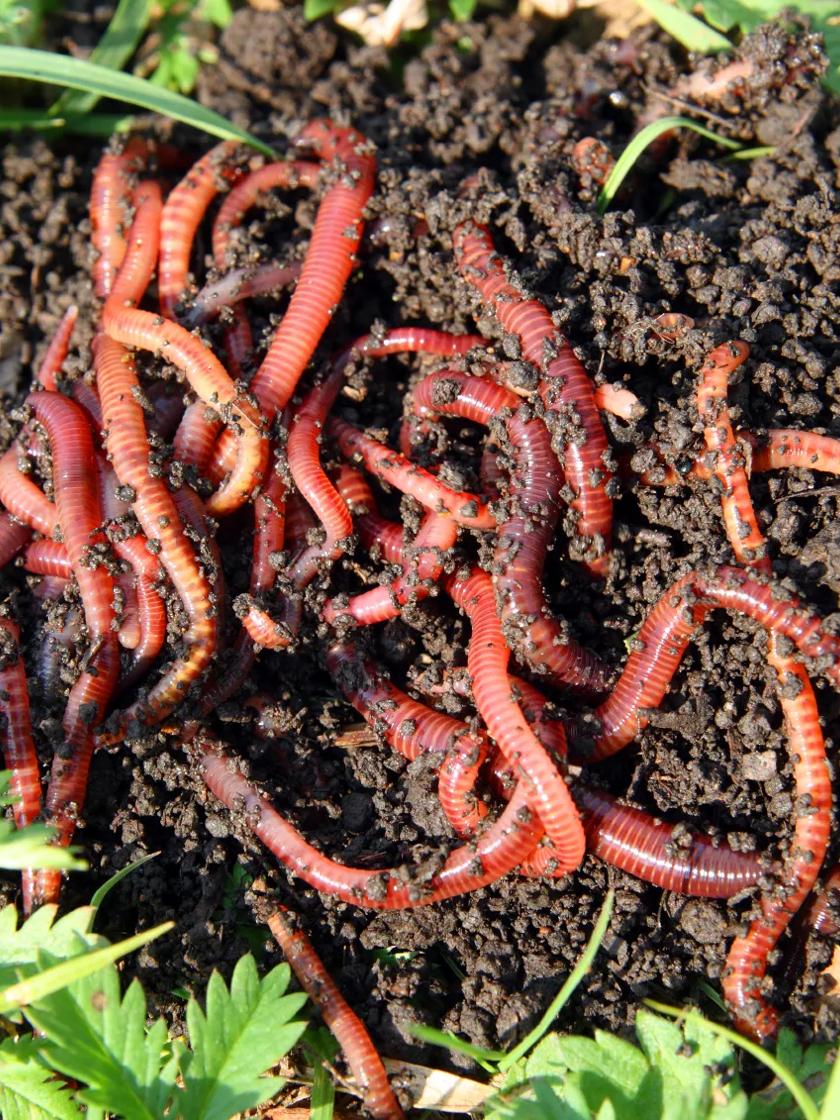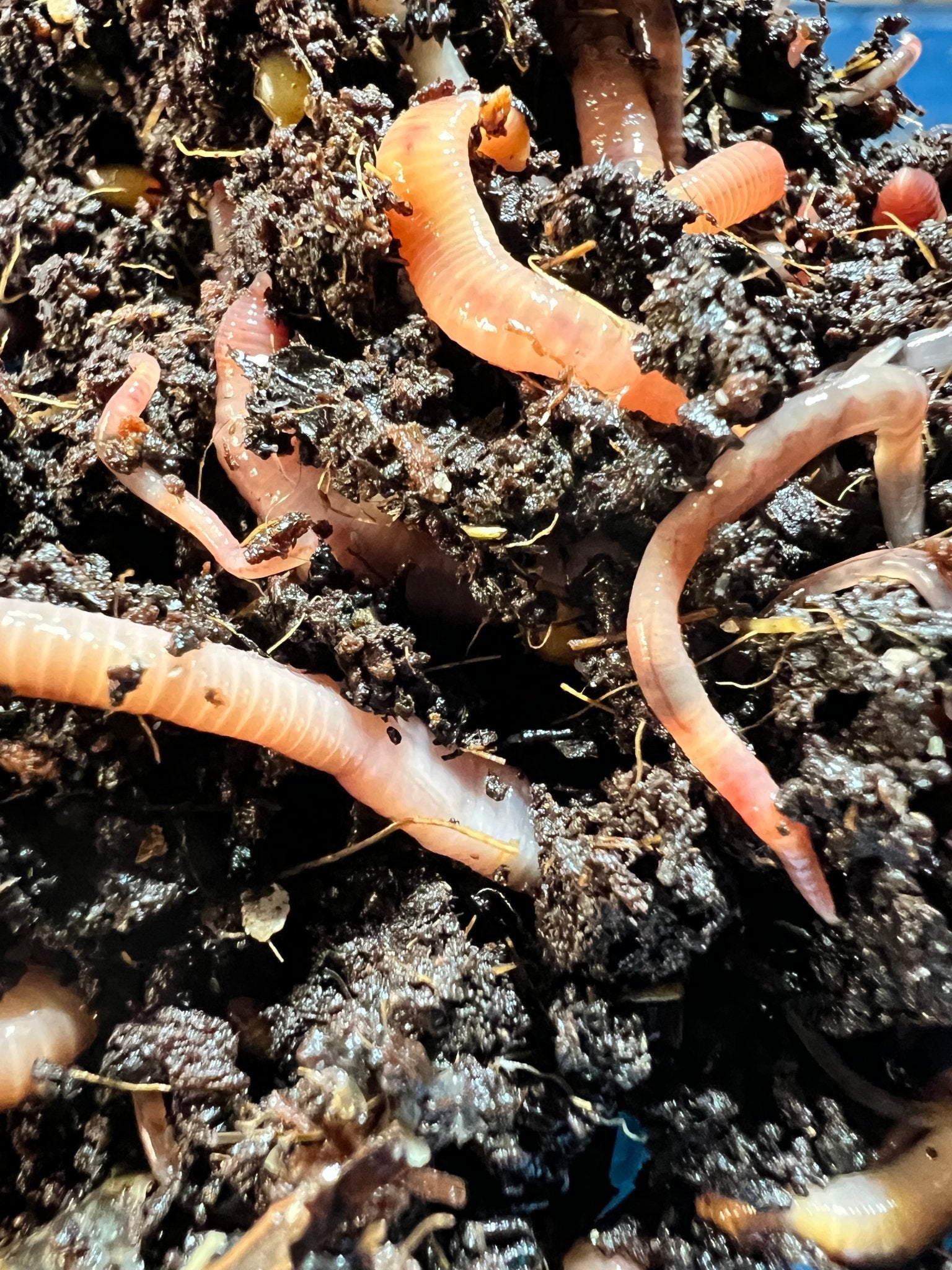Use Lake Hickory Bait for Remarkable Lawn Health and Gorgeous Greens
Use Lake Hickory Bait for Remarkable Lawn Health and Gorgeous Greens
Blog Article
Open the Keys of Red Wigglers: Your Overview to Composting Success
The assimilation of red wigglers right into composting techniques offers a substantial possibility for boosting dirt health and wellness and advertising sustainability. These organisms are not simply effective recyclers of organic waste; they offer a myriad of benefits that can change yard monitoring. Recognizing their requirements and habits is important for enhancing their potential, from establishing an appropriate worm container to feeding them the appropriate products. As we check out the vital components of successful vermicomposting, one could question exactly how these small animals can bring about an extra dynamic and productive yard ecological community.

What Are Red Wigglers?
(Red Wiggler Express)Red wigglers, medically called Eisenia fetida, are a species of earthworm largely used in composting due to their impressive capability to decompose natural matter effectively. These worms are characterized by their reddish-brown pigmentation and a segmented body, commonly determining in between 3 to 4 inches in length. Unlike various other earthworm species, red wigglers grow in rich, natural environments, making them ideal for vermicomposting systems.
Belonging To The United States And copyright, they are frequently found in rotting leaves and compost heap, where they play a crucial function in nutrient recycling. Their adjustment to living in a damp, cardio atmosphere allows them to consume big amounts of natural waste, breaking it down right into nutrient-rich spreadings that enhance soil wellness.
Red wigglers recreate quickly, with a solitary worm capable of creating a number of cocoons weekly, each containing several hatchlings. This quick recreation rate adds to their efficiency in composting procedures. They favor temperatures between 60 ° F and 80 ° F, and their activity degree raises significantly within this variety, additional assisting in the disintegration procedure. Understanding the biology and behavior of red wigglers is necessary for optimizing their possibility in composting applications.
Benefits of Using Red Wigglers
Harnessing the power of red wigglers in composting provides various benefits that enhance soil health and advertise lasting waste monitoring. These impressive microorganisms effectively break down organic matter, transforming cooking area scraps and backyard waste right into nutrient-rich vermicompost. This completed product is extremely advantageous for plant growth, as it improves soil structure, increases dampness retention, and boosts nutrition accessibility.

(Lake Hickory Bait)Additionally, the visibility of red wigglers in your composting system can speed up the composting process, generating top notch compost in a portion of the time contrasted to standard methods. The spreadings created by these worms are additionally including advantageous microbes that additionally enrich the dirt ecosystem.
Establishing Up Your Worm Bin
Creating an efficient worm container is a simple procedure that can significantly improve your composting initiatives. Worm bins can be made from plastic storage containers, wood boxes, or readily available worm bins.
Following, prepare the bed linen product, which offers as the worms' environment. A mix of shredded paper, cardboard, and coconut coir functions well, providing a comfortable environment for the worms.

Feeding Your Red Wigglers
To guarantee the health and performance of your red wigglers, it is vital to offer them with a balanced diet regimen that meets their dietary requirements. Red wigglers thrive on a varied range of natural materials, which not only provide necessary nutrients yet also advertise efficient composting.
Beginning by integrating cooking area scraps such as vegetable peels, fruit cores, and coffee premises. Prevent citrus fruits, onions, and garlic, as these can be detrimental to worm health and wellness. Additionally, present shredded paper, cardboard, and completely dry leaves to develop a well-aerated atmosphere.
Feeding regularity should be checked; typically, worms can eat half their body weight in food weekly. It is essential to stay clear of overfeeding, as excess food can lead to undesirable smells and attract bugs. A good method is to include food in percentages, permitting worms to process it before presenting more.
Maintaining wetness levels is likewise vital; the bed linens must perspire but not soggy. Be sure to consistently check the temperature and pH levels of the bin to make sure an optimum setting for look at here now your red wigglers, ultimately enhancing their composting effectiveness.
Harvesting and Using Garden Compost
A successful composting process with red wigglers finishes in the abundant, dark garden compost called vermicompost, which can considerably enhance dirt wellness and plant development. Gathering this nutrient-dense material usually happens every three to 6 months, depending upon the size of your system and the quantity of raw material being processed.
To collect, carefully separate the garden compost from the worms and any type of undecomposed materials. One reliable approach includes moving the materials of the bin away and including fresh bedding and food to the vacant area, encouraging the worms to move. After a few days, the garden compost can be gathered from the opposite side.
It is vital to make use of vermicompost properly to optimize its advantages. By integrating vermicompost right into your horticulture regimen, you not just reuse organic waste however additionally create a successful ecosystem that supports lasting horticulture practices.
Final Thought
In recap, red wigglers offer as phenomenal allies in composting initiatives, changing organic waste into nutrient-rich vermicompost. By recognizing the optimum problems for their environment, feeding needs, and garden compost harvesting methods, garden enthusiasts can improve soil health and wellness and promote plant vitality.
Report this page